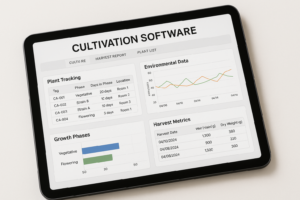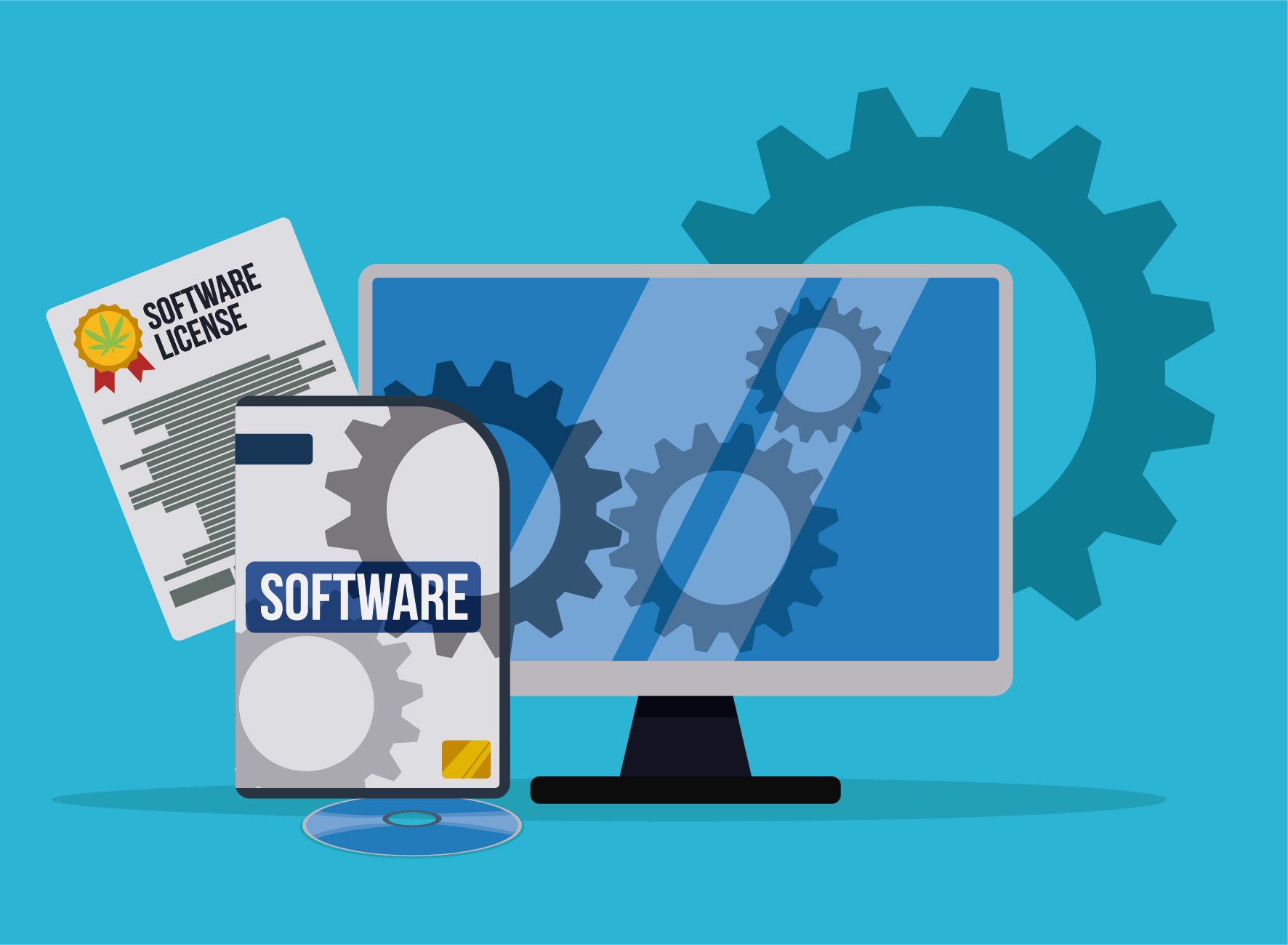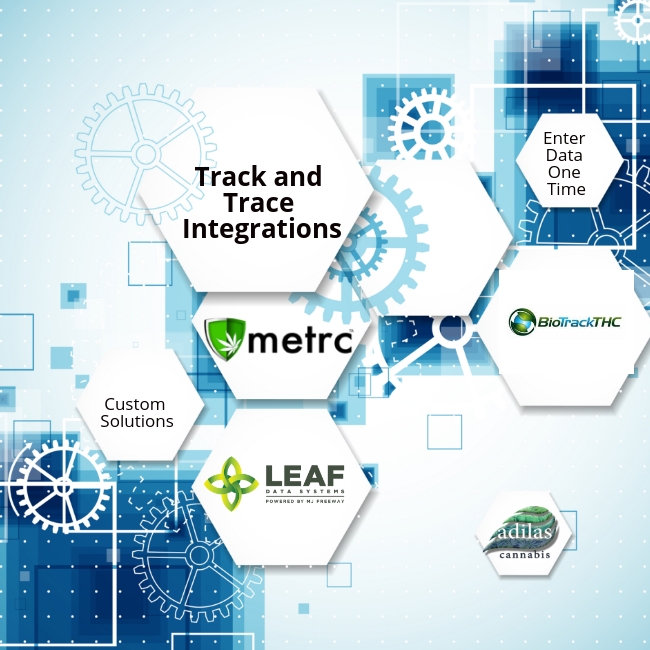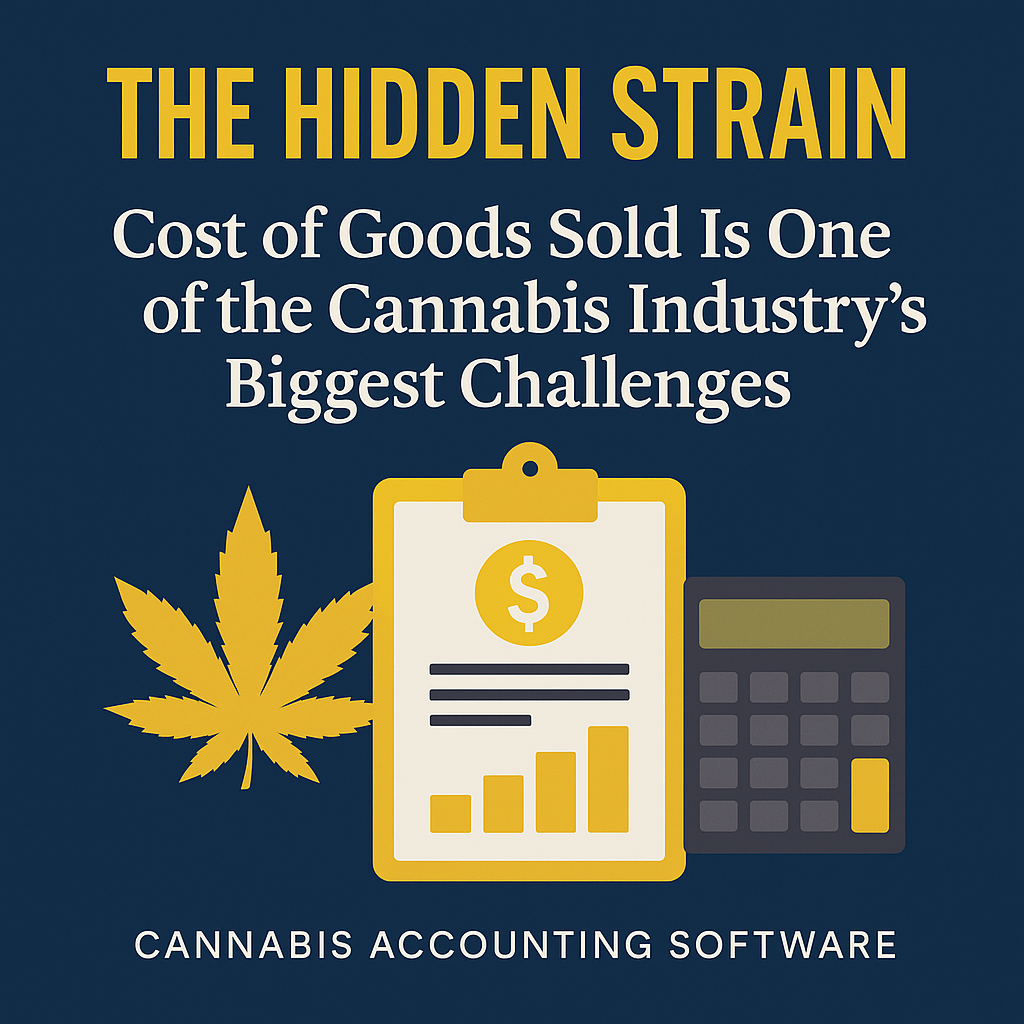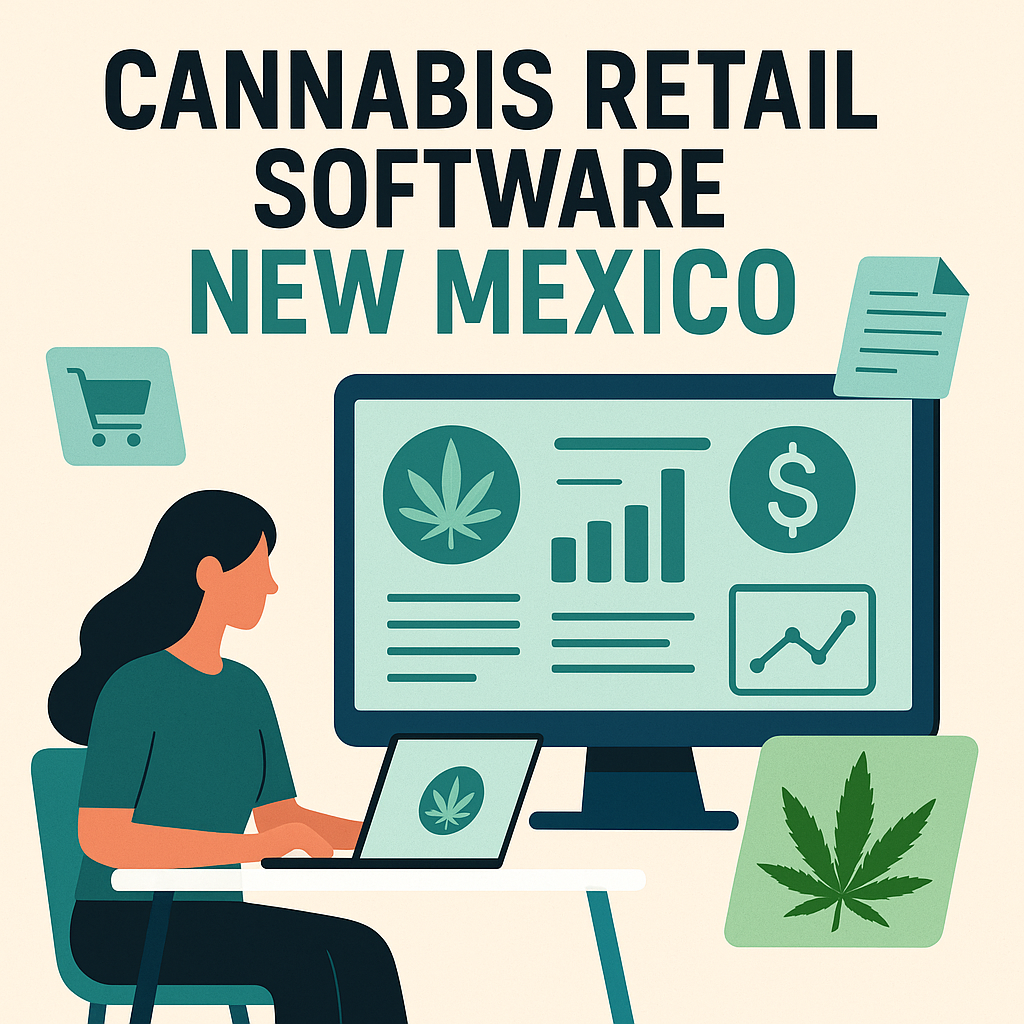The Future of Cannabis Software: AI, Real-Time Data & What’s Next

As the cannabis industry grows in complexity and competition, the demand for smarter, scalable tools is skyrocketing. Enter: cannabis software—an evolving category that now includes everything from seed-to-sale tracking and ERP platforms to AI-powered cultivation systems and consumer personalization tools.
In this post, we explore the future of cannabis, otherwise known as seed to sale, software, how artificial intelligence (AI) is revolutionizing the space, and how real-time data is shaping the next generation of tools for cannabis businesses.
Smarter Cultivation Through Cannabis Software
Cannabis cultivators are now using advanced software platforms embedded with AI to monitor, automate, and improve their growing operations:
🌿 AI-Powered Grow Room Optimization
Cannabis cultivation software can now analyze environmental data like humidity, CO₂, temperature, and lighting to auto-adjust systems in real time. This maximizes yield and reduces waste, with growers reporting 20–30% increases in output using AI-driven cannabis cultivation platforms.
🌱 Predictive Yields & Strain Performance
Modern cannabis grow software helps forecast harvest timelines and crop quality by analyzing historical and real-time data. AI models learn which variables lead to better cannabinoid profiles, improving consistency and profitability.
🤖 Robotics & Automation in Post-Harvest
Some cannabis operators are integrating robotics directly into their seed to sale software systems to automate trimming, drying, packaging, and even quality control—saving time and improving uniformity.
Cannabis Software is Reinventing Retail
The future of cannabis retail is personalized, predictive, and data-driven. Here’s how cannabis dispensary software is powering that transformation:
💡 Smart Menus & AI Recommendations
Cannabis e-commerce platforms like Adilas, Dutchie and Sweed are using AI to personalize menu recommendations based on purchase history, cannabinoid preferences, and customer behavior.
📦 Inventory Forecasting with AI
Integrated marijuana retail software platforms now use AI to predict demand, optimize reordering, and reduce inventory waste. These tools factor in weather, events, local regulations, and past sales to make stocking smarter.
💬 Chatbots & Virtual Budtenders
Cannabis software tools are increasingly including chat features powered by AI, helping consumers find the right products or get answers without human intervention.
🛍️ Loyalty & Dynamic Pricing Systems
AI-backed software enables real-time promotions and pricing strategies based on customer segmentation, shopping patterns, and product availability.
Compliance & Risk Management Powered by Software
Another great advantages of modern cannabis security software is its ability to reduce compliance risk and support operational transparency.
🔍 Real-Time Surveillance & Audit Logs
Security software now includes integrated surveillance tools and compliance alerts. Video AI and motion detection tools help flag suspicious activity, while software-generated logs ensure complete audit trails.
📑 Automated Documentation & Regulatory Updates
Cannabis compliance platforms monitor state regulations and update documentation automatically—keeping operators audit-ready and aligned with ever-changing rules.
🔗 Blockchain + AI for Seed-to-Sale Transparency
The future of cannabis software includes blockchain-backed systems that verify product authenticity and traceability from cultivation to consumer, enhancing both safety and trust.
Personalized Medicine & Consumer Data
As seed to sale software becomes more data-rich, it's also becoming more personalized—especially in the medical and wellness space.
🧬 Custom Dosage Recommendations
Some software platforms will integrate biometric and genomic data to recommend optimal dosages for medical patients.
📱 App-Based Usage Tracking
Customer facing cannabis apps are recording strain preferences, dose logs, mood tracking, and results, feeding back into AI models that help users make smarter choices.
📊 Crowdsourced Feedback Loops
Smart modern software collects data from thousands of consumers to better understand which strains work best for which symptoms, building an ever-expanding intelligence layer.
The Evolution of Cannabis Payment Solutions
One of the most transformative shifts in cannabis software has been happening at the register. As federal banking restrictions persist, innovative cannabis payment solutions are stepping in to fill the gap, eliminating the need for cash-only transactions and improving both compliance and customer experience. Integrated payment platforms like Spender, and CanPay, are enabling real-time PIN debit, ACH transfers, and compliant digital wallet options directly within POS systems. These cannabis software tools not only reduce the risks associated with handling large amounts of cash but also unlock data insights around customer purchasing behavior. As regulators continue to move toward rescheduling or legalization, expect cannabis payment software to evolve rapidly, offering more secure, scalable, and fully integrated financial ecosystems for dispensaries and delivery operators alike.
What’s Next in Seed to Sale Software?
Here are five future-facing trends to watch in the cannabis software space:
| Trend | Impact |
|---|---|
| Augmented Reality (AR) Interfaces | Growers may soon use AR glasses to monitor plants and overlay environmental metrics in real-time. |
| Fully Autonomous Grow Operations | Cannabis software will eventually control lighting, nutrients, harvest, and storage—all with minimal human input. |
| AI-Powered Extraction Software | Future software will optimize CO₂, ethanol, and hydrocarbon extraction processes based on input material. |
| Interstate Commerce & Federal Readiness | Cannabis software is evolving to manage logistics, labeling, and compliance across multiple jurisdictions. |
| Voice-Enabled Workflows | Imagine using voice commands to run inventory counts, submit METRC tags, or check sales forecasts. It’s coming. |
Why the Right Cannabis Software Partner Matters
As the industry evolves, your software stack can either scale with you or hold you back.
-
ERP Systems like Adilas are now integrating AI for reporting, traceability, and financial forecasting.
-
POS Tools like Adilas, Dutchie and Sweed are embedding cannabis-specific retail insights.
-
Compliance Integrations ensure your operations remain audit-ready.
-
LMS Tools help train your team on how to use these tools efficiently.
At The Helpful Content, we help cannabis operators choose and implement software systems that align with their business model, growth goals, and compliance needs.
Final Thoughts
The future of seed to sale software is powered by AI, real-world data, and automation—and it’s moving fast. From cultivation optimization and regulatory compliance to personalized medicine and smarter retail, the next generation of cannabis tools is already here.
Whether you’re opening your first dispensary or managing multi-state operations, it’s time to get future-ready. Because in this industry, the right seed to sale software isn't optional—it’s essential.
Want help choosing the right cannabis software for your business?
📩 Contact us for a consultation or download a Cannabis Software Buyer’s Guide here.
